New Delhi: The Delhi government has initiated a major water management project aimed at upgrading the city’s old water infrastructure, improving water production, and ensuring equitable distribution across the National Capital.
The move comes in response to the city’s rising population and the growing gap between water supply and demand.
Review of Past Studies and Master Plan Development
Water Minister Parvesh Verma stated that the Delhi Jal Board (DJB) has been directed to review water supply, transportation, and management studies conducted over the past 10 to 15 years. The government is currently formulating a new, comprehensive water master plan using insights from these reports to address current deficiencies and meet future requirements.
Demand-Supply Gap in Water Production
At present, Delhi produces between 900 to 1,000 million gallons per day (MGD) of water, while the average daily requirement stands at approximately 1,200 MGD. The demand rises significantly during the summer months, putting additional pressure on the system. The government plans to address this by increasing water production and improving infrastructure.
Infrastructure Upgrade and Loss Reduction
As part of the new initiative, the government is also focusing on reducing water losses during transmission. Consultants will soon be appointed to assess the system and propose solutions to minimise leakage and improve efficiency. According to the officials, the current infrastructure has not kept pace with the city’s population growth over the past three decades.
Phased Replacement of Pipelines
Chief Minister Rekha Gupta, in a high-level meeting with DJB officials held earlier in April, acknowledged that the city’s sewage and water supply systems need urgent upgrades. She announced that pipeline replacements would be undertaken in a phased manner to ensure continuity while modernising infrastructure.
Sewerage Expansion in Unauthorised Colonies
In line with its broader vision, the Delhi government has announced plans to ensure sewer connectivity for all unauthorised colonies by 2027. As of now, sewer lines have been laid in 1,226 unauthorised colonies, with work ongoing in 154 more. The DJB had floated a tender last year to hire consultants to prepare a sewerage master plan, which will identify and address gaps in the existing infrastructure.



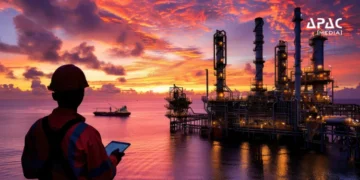

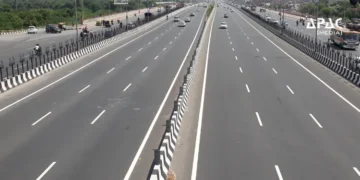
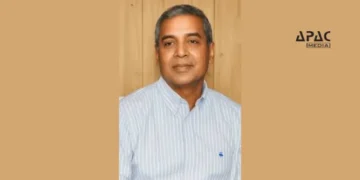

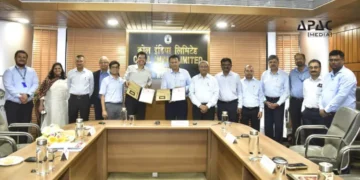

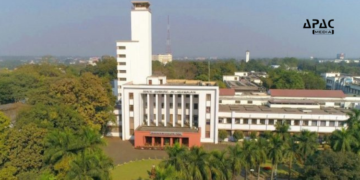


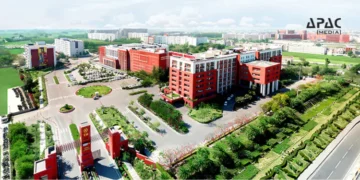

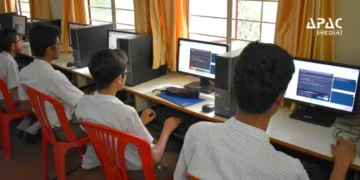
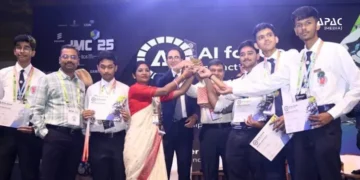
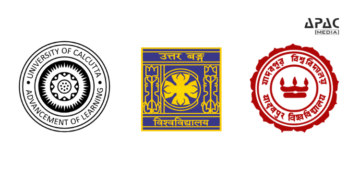

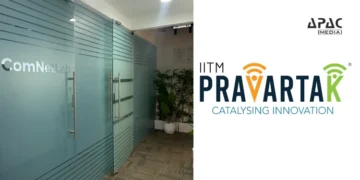

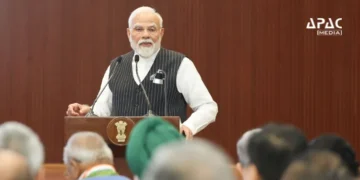

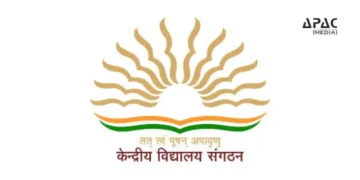


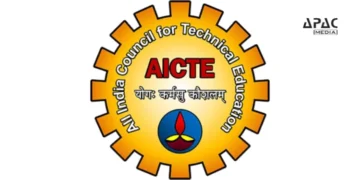


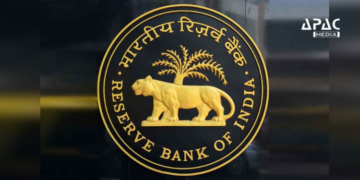





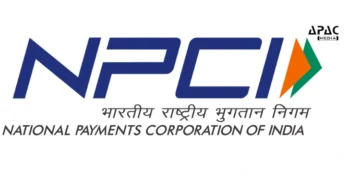
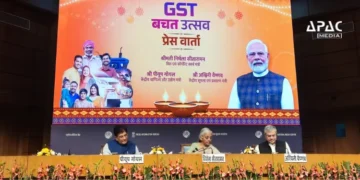
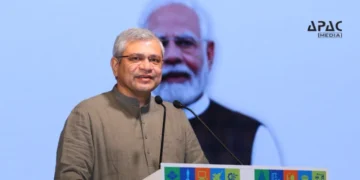


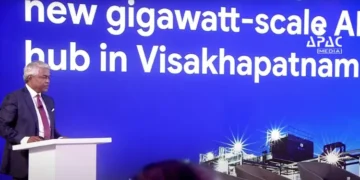
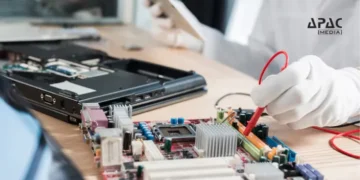




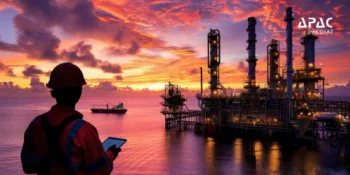
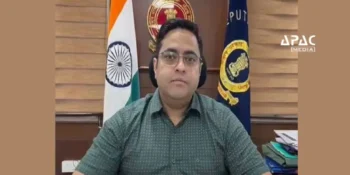
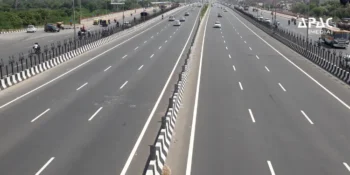
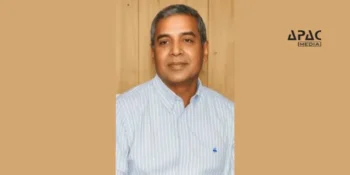







Discussion about this post